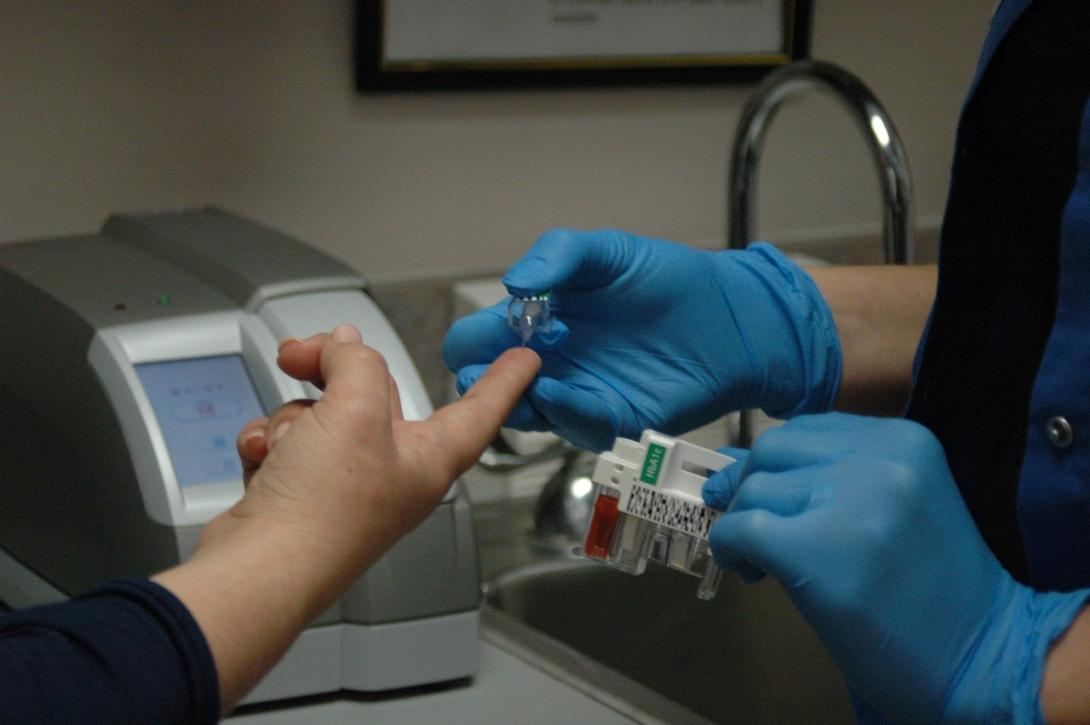
The Oregon Medical Association, the state’s largest professional organization engaging in advocacy, policy development, community-building, and networking opportunities for the healthcare environment, announced a partnership with the Oregon Health Authority (OHA) to launch the Steering Toward Health campaign, a multiyear initiative that aims to reduce the incidence of type 2 diabetes—an epidemic across the U.S.—as well as other serious, lifestyle-related chronic conditions such as heart disease and stroke, in Oregon.
The effort focuses on reaching more of our state’s 1.1 million adults living with prediabetes, a precursor to diabetes, and connecting them to evidence-based lifestyle change programs. According to the Centers for Disease Control and Prevention (CDC), 90 percent of these Oregonians that have prediabetes are undiagnosed.
“This should be a wakeup call for physicians and patients, says OMA President-elect Kevin Ewanchyna, MD. “The good news is that prediabetic patients can often reverse their condition and improve their overall health through lifestyle changes.”
To facilitate the process of detecting and treating prediabetes, the OMA and OHA have co-created an online toolkit, located online at theOMA.org/SteeringTowardHealth, which offers research-based materials for both clinicians and patients. The guide contains Oregon-specific resources, as well as the American Medical Association’s best methods to screen and refer high-risk patients to diabetes prevention programs.
Once a patient has been diagnosed with prediabetes, clinicians can refer them to National Diabetes Prevention Programs (National DPPs), available across the state or online. Recognized by the CDC, these yearlong interventions have been shown to reduce participants’ risk of diabetes and other chronic conditions by promoting even modest weight loss of 5 percent or more of current body weight, regular exercise, and self-management of health habits over the long term. National DPPs are now covered by the Oregon Health Plan (OHP), Medicare, and some private insurance plans.
A list of National DPPs is located online as part of the toolkit.
“Now is the time to focus on diabetes prevention,” says Dr. Ewanchyna. “We know it’s a growing societal burden, we have an evidence-based diabetes prevention program that works, and we have an opportunity to strengthen the clinical and community linkages to improve health outcomes.”